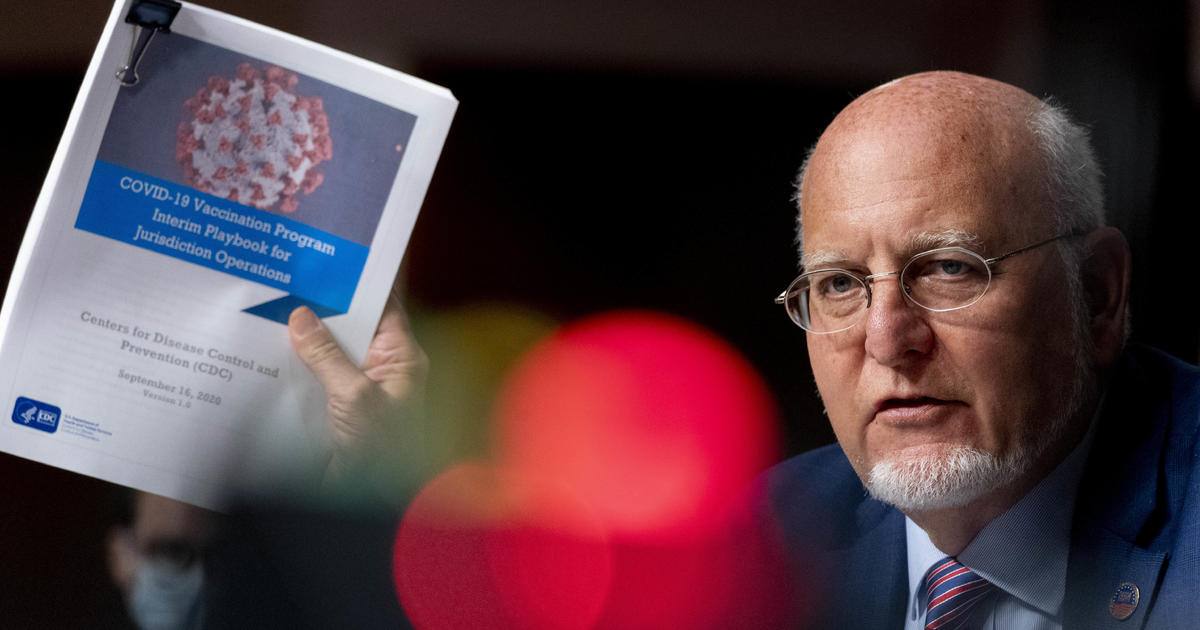As President Trump continues to float the idea of herd immunity as an approach to battling the coronavirus pandemic, the director of the Centers for Disease Control and Prevention said Wednesday that the vast majority of Americans are still at risk of contracting the virus, citing preliminary data from a CDC study.
“The preliminary results in the first round show that a majority of our nation, more than 90% of the population, remains susceptible,” CDC Director Dr. Robert Redfield said while testifying at a Senate hearing Wednesday. “A majority of Americans are still susceptible to this virus.”
Redfield said the CDC is currently conducting a “very large” study in an effort to determine how the country has been affected by COVID-19. He said that some states are seeing infection rates of 15% to 20% — with one as high as 24% — while others are seeing a less than 1% infection rate.
Redfield said that 16- to 25-year-olds now represent over one-quarter of all new cases — the largest of any group. He warned that they are “major contributors to the spread,” noting that, while they may not suffer severe complications, they can easily spread it to at-risk family members.
According to Johns Hopkins University, over 6.9 million Americans have been infected with COVID-19, a small fraction of the population. Redfield has previously said the number is likely higher due to undetected asymptomatic cases.
The nation reached a grim milestone on Tuesday, surpassing more than 200,000 deaths from the virus.
In recent weeks, Mr. Trump has seemingly touted the efficacy of so-called herd immunity, which occurs when enough people have antibodies that the virus can no longer spread. The eventual rollout of a vaccine will help, but anti-vaccine beliefs among some Americans could be a barrier to returning to everyday life.
Redfield, Dr. Anthony Fauci and other top administration health officials testified before the Senate on Wednesday to discuss the federal response to the pandemic.
In his opening statement, Fauci said that he believed the country would know by November or December whether the vaccines currently being developed would be effective. Each member of the panel confirmed that they had confidence in the FDA vaccine development process, and would take the vaccine and recommend it to their families as soon as it was confirmed to be safe and effective.
